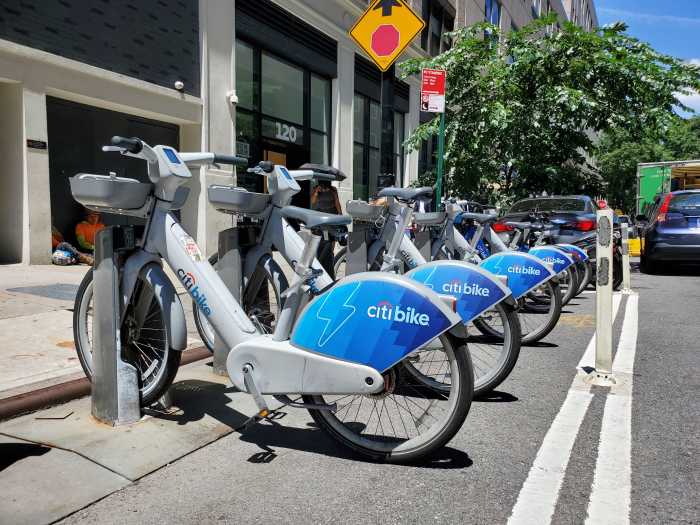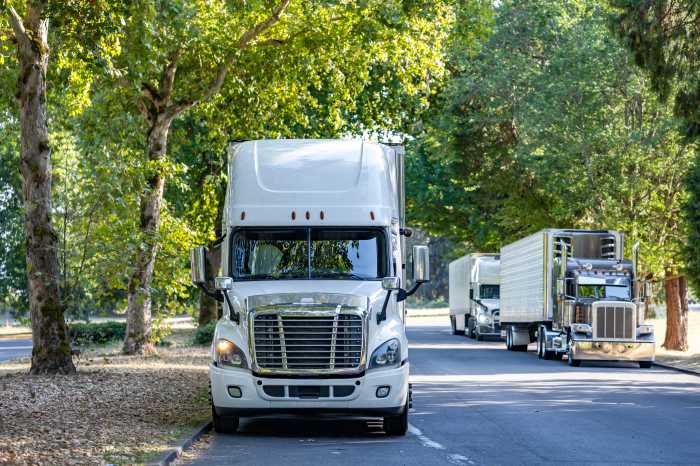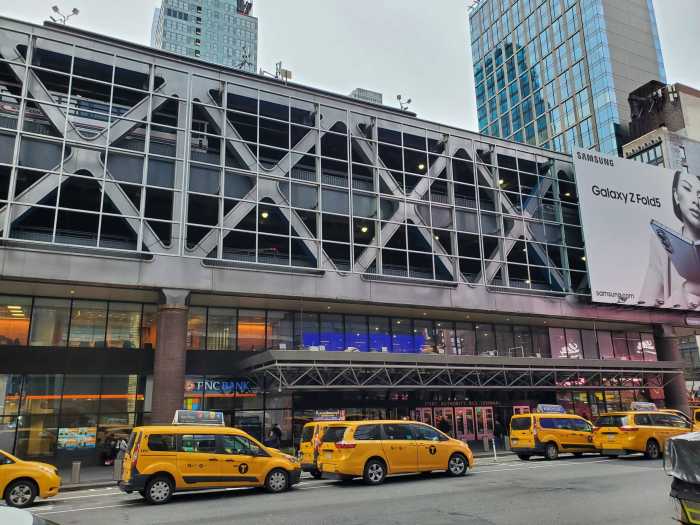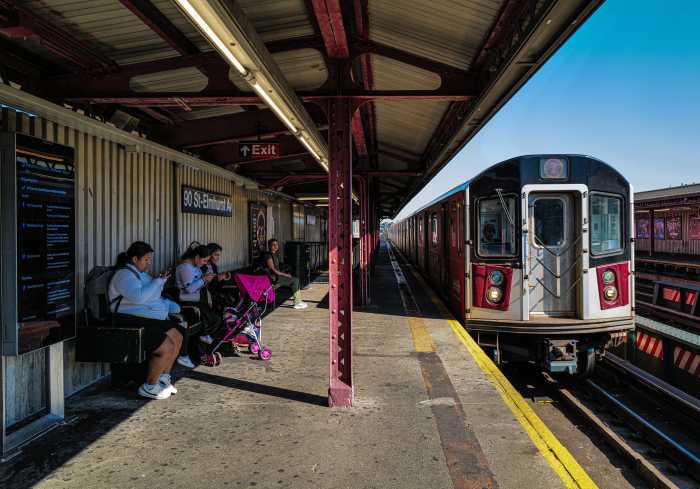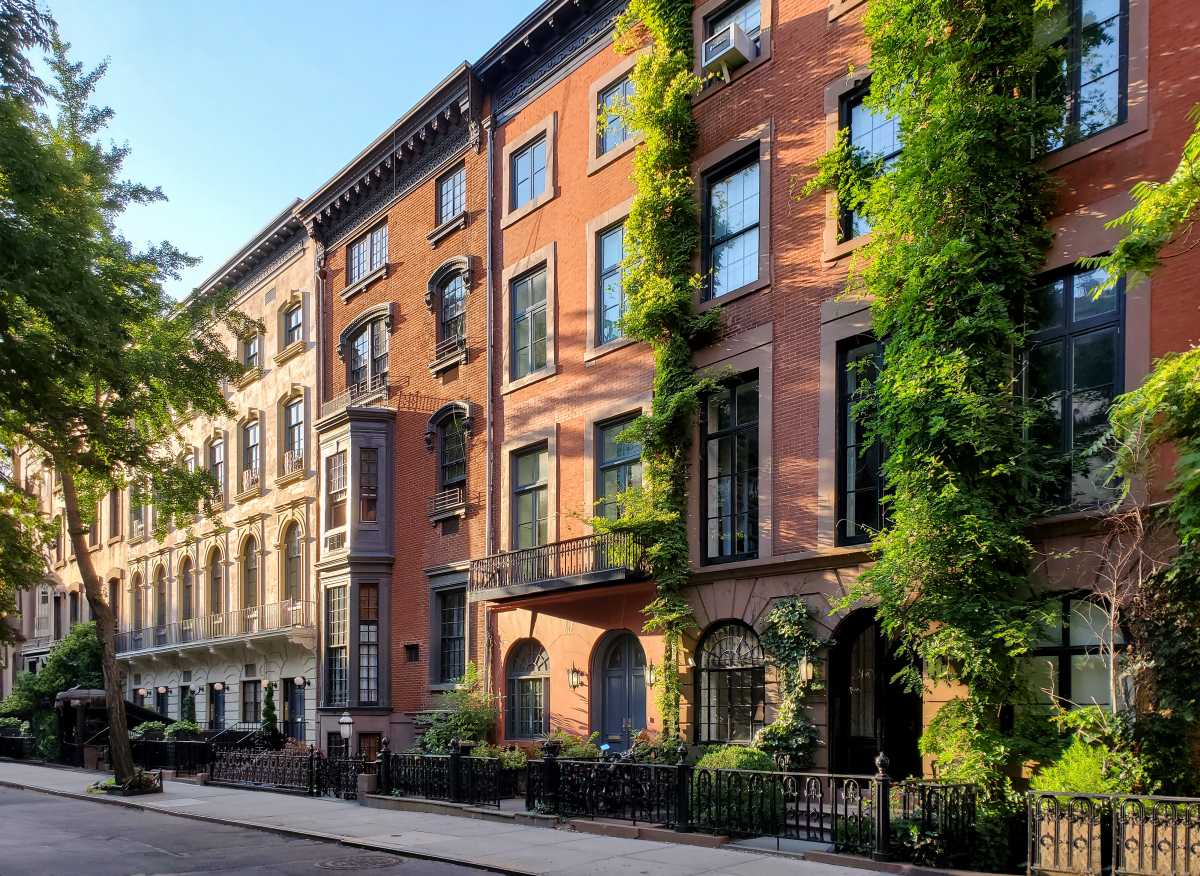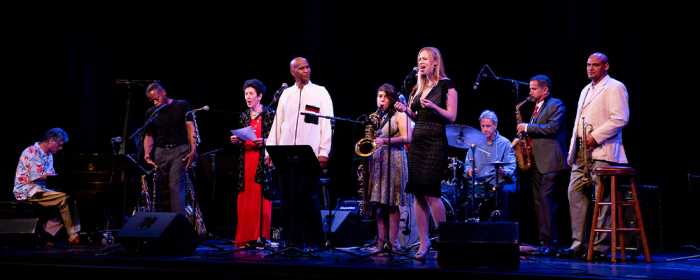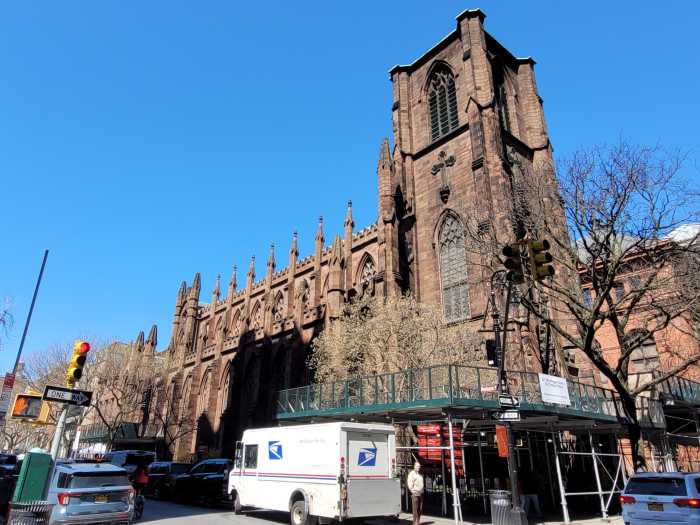
The looming MTA fare hike has reignited the push from officials for the Freedom Ticket, a proposal that would bridge bus, subway and commuter rail service within New York City under one fare-payment option.
By allowing riders to transfer seamlessly between Metro-North or the Long Island Railroad and the city’s bus and subway system, the idea could drastically cut hours from subway riders’ commute every week, while lowering the number of people packing onto some of its most crowded lines, according to the New York City Transit Riders Council, which introduced the proposal last year.
Brooklyn Borough President Eric Adams’ office said it will be teaming up with Queens Borough President Melinda Katz to once again advocate for the payment option along the LIRR’s Atlantic Branch as the MTA begins hosting eight public hearings around its two fare hike proposals.
Adams said he views the ticket as a cheap option that would improve commutes in transit-starved— but now also quickly developing — areas of his borough, like East New York and Bedford-Stuyvesant. A monthly Freedom Ticket, priced against the current fare rates, would cost $215 — that’s between 28 percent and 36 percent less than the value of combined monthly LIRR and MetroCard costs for riders on the branch.
“We need to ensure we have transit equality for people struggling to make ends meet,” said Adams. “Without the capital funding to get more trains online, this is the best we can do with what we have.”
The Council has already eyed the Atlantic Branch of the LIRR as the first branch to pilot the ticket. It estimates that opening the commuter rail line could shorten intra-city commutes by as much as 40 hours a month—including in areas of southeast Queens, where LIRR stations sit beyond .8 miles from the nearest subway.
“As I have stated before, many of the boroughs have this wonderful rail infrastructure running through them,” said Andrew Albert, who chairs the Council and sits on the MTA board. “But many residents can’t cover the fares to ride them—where to ride them would greatly reduce their travel times to work.”
Albert argues that implementing the card could actually make the MTA money, since it could entice more outer-borough commuters to spring for a $215 Freedom Ticket over a $116.50 monthly MetroCard without overburdening LIRR service.
The MTA, though, is in the midst of weighing two fare hike proposals to implement this March. Either option would increase the monthly MetroCard to $121. The base MetroCard fare could increase to $3.
That prospect has furthered discussion within the MTA for several social fare policies as well, like half-priced MetroCards for low-income New Yorkers.
“Each one of these proposals has merit and challenges not all the same,” said Fredericka Cuenca, MTA’s director of strategic initiatives, at last month’s MTA board meeting. “It’s not always cost; it’s not always operations. But we’re going to be continuing to look at these.”
The MTA will host its first public hearing on fare and toll hikes on Monday, December 5, in Queens.



